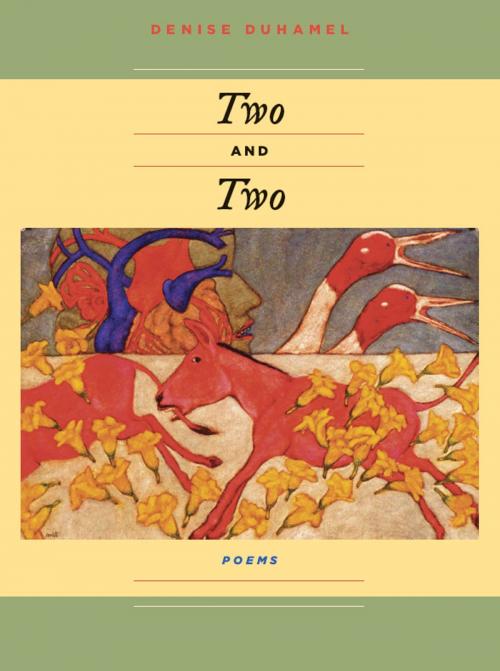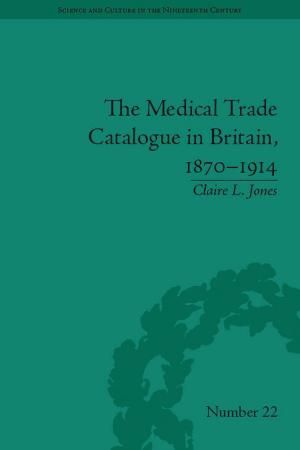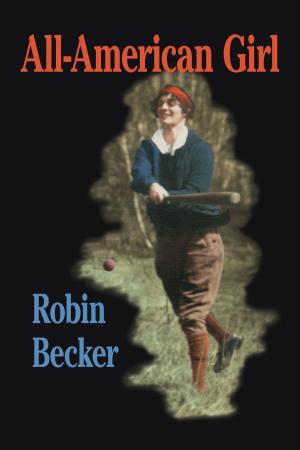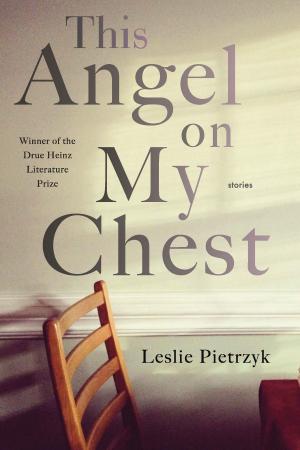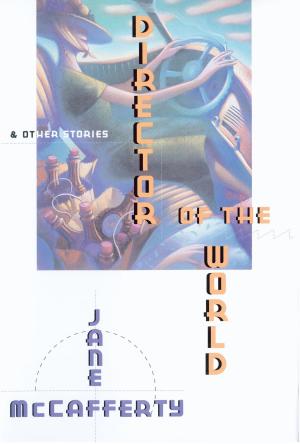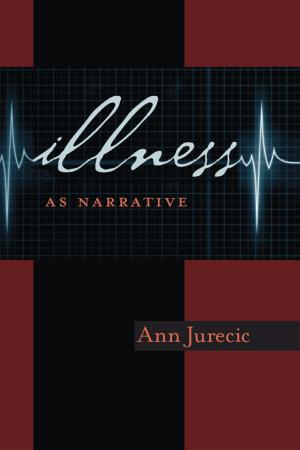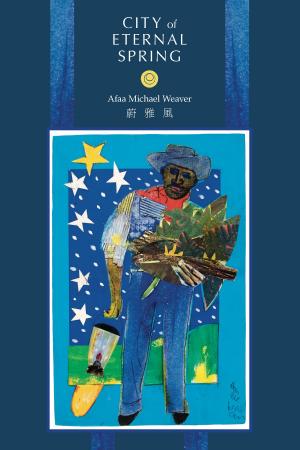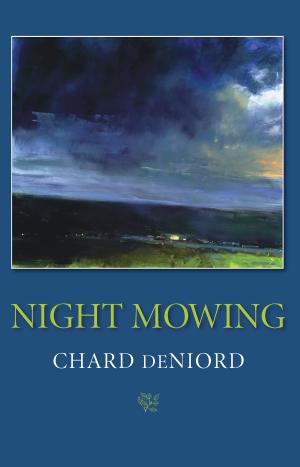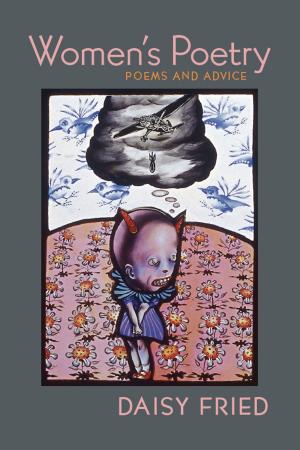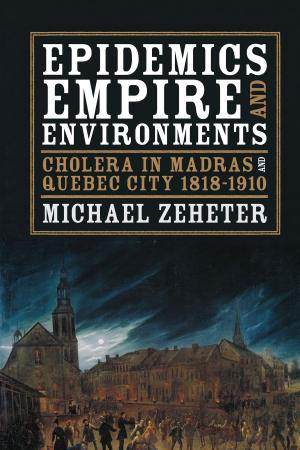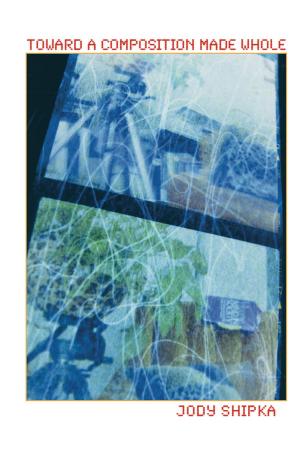| Author: | Denise Duhamel | ISBN: | 9780822990871 |
| Publisher: | University of Pittsburgh Press | Publication: | March 13, 2005 |
| Imprint: | University of Pittsburgh Press | Language: | English |
| Author: | Denise Duhamel |
| ISBN: | 9780822990871 |
| Publisher: | University of Pittsburgh Press |
| Publication: | March 13, 2005 |
| Imprint: | University of Pittsburgh Press |
| Language: | English |
Denise Duhamel's much anticipated new collection begins with a revisionist tale--Noah is married to Joan of Arc--in a poem about America's often flawed sense of history. Throughout Two and Two, doubles abound: Noah's animals; Duhamel's parents as Jack and Jill in a near-fatal accident; an incestuous double sestina; a male/female pantoum; a dream and its interpretation; and translations of advertisements from English to Spanish. In two Möbius strip poems (shaped like the Twin Towers), Duhamel invites her readers to get out their scissors and tape and transform her poems into 3-D objects.
At the book's center is "Love Which Took Its Symmetry for Granted," a gathering of journal entries, personal e-mails, and news reports into a collage of witness about September 11. A section of "Mille et un sentiments," modeled on the lists of Hervé Le Tellier, Georges Perec, and George Brainard, breaks down emotions to their most basic levels, their 1,001 tiny recognitions. The book ends with "Carbó Frescos," written in the form of an art guidebook from the 24th century.
Innovative and unpretentious, Duhamel uses twice the language usually available for poetry. She culls from the literary and nonliterary, from the Bible and product warning labels, from Woody Allen films and Hong Kong action movies--to say difficult things with astonishing accuracy. Two and Two is second to none.
Denise Duhamel's much anticipated new collection begins with a revisionist tale--Noah is married to Joan of Arc--in a poem about America's often flawed sense of history. Throughout Two and Two, doubles abound: Noah's animals; Duhamel's parents as Jack and Jill in a near-fatal accident; an incestuous double sestina; a male/female pantoum; a dream and its interpretation; and translations of advertisements from English to Spanish. In two Möbius strip poems (shaped like the Twin Towers), Duhamel invites her readers to get out their scissors and tape and transform her poems into 3-D objects.
At the book's center is "Love Which Took Its Symmetry for Granted," a gathering of journal entries, personal e-mails, and news reports into a collage of witness about September 11. A section of "Mille et un sentiments," modeled on the lists of Hervé Le Tellier, Georges Perec, and George Brainard, breaks down emotions to their most basic levels, their 1,001 tiny recognitions. The book ends with "Carbó Frescos," written in the form of an art guidebook from the 24th century.
Innovative and unpretentious, Duhamel uses twice the language usually available for poetry. She culls from the literary and nonliterary, from the Bible and product warning labels, from Woody Allen films and Hong Kong action movies--to say difficult things with astonishing accuracy. Two and Two is second to none.
